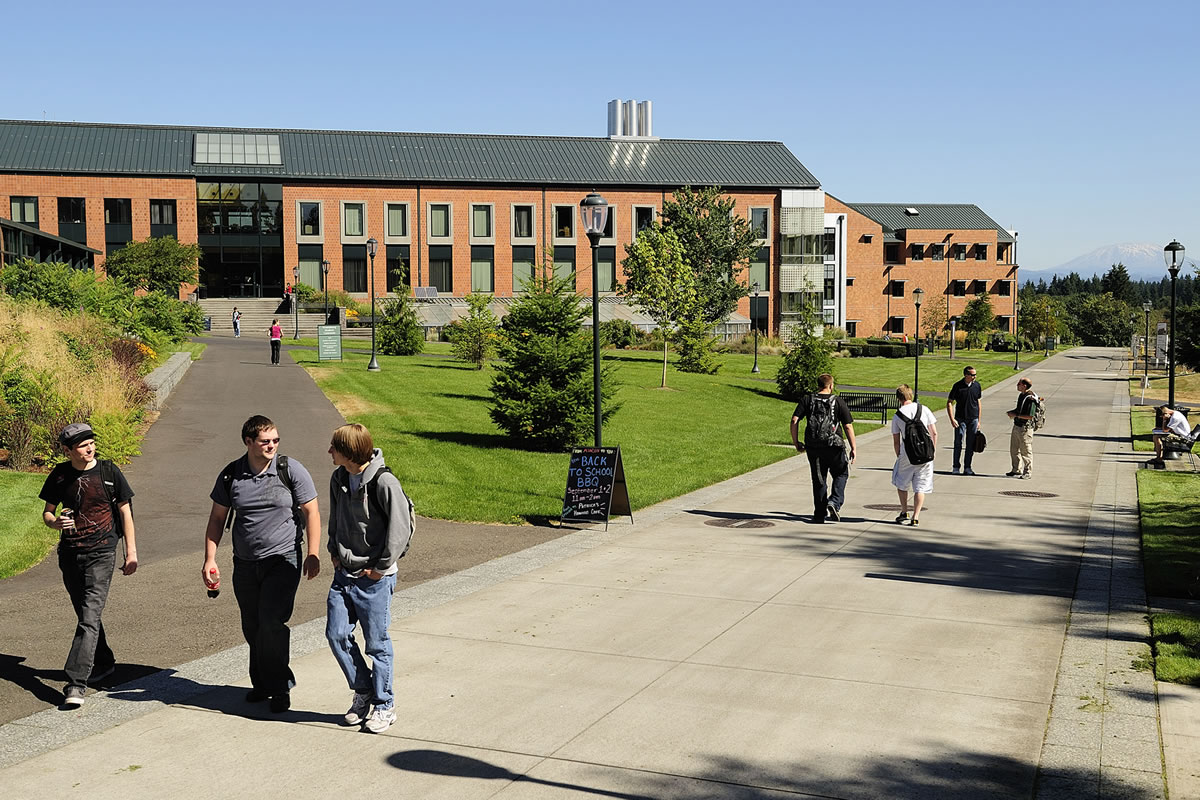WSU Vancouver students reacted with hope toward the idea of consistent tuition for the next two years. WSU's President Elson Floyd and presidents from five other state colleges are offering a compromise to the state Legislature that would allow the tuition freeze.
The six presidents say they will freeze tuition for the next two years if legislators are willing to bolster their budgets with $225 million. Currently, the state pays for approximately 30 percent of tuition, while students pay the remaining 70 percent.
WSU Vancouver's 2012-13 tuition is $11,386, up 16 percent from last year. The approximately $1,500 increase puts financial stress on students and parents alike.
Sophomore Jessie Spinny, a legislative affairs intern at WSU Vancouver, expressed doubt about the Legislature's desire to compromise with the schools.
"Well of course they should stop raising tuition," she said. "We should make higher education more accessible to people, lowering tuition would help with that. It would be smart and responsible for them to do so, but honestly I'm skeptical. It seems like higher education isn't a political concern."
Spinny is double majoring in sociology and social sciences with a criminal justice emphasis.
Fellow sophomore Emily Vis wants the Legislature to agree to the compromise.
"I think its a great opportunity," she said. "I know a lot of the hindrances for students deal with how much tuition costs. Finding the money will be tricky, but I think it is worth it."
Vis, a student government senator majoring in computer science, also emphasized the importance of funding math and science programs in universities.
In his blog, President Floyd writes: "Tuition increases at this level are unsustainable, and if continued will compromise access and affordability for Washington's students. It is imperative that we must continue to maintain the quality of a WSU education without pricing students out of the market." This message was posted May 21, 2012, two weeks after the Board of Regents voted for the tuition increase.
-- LUCAS WISEMAN, The Columbian



